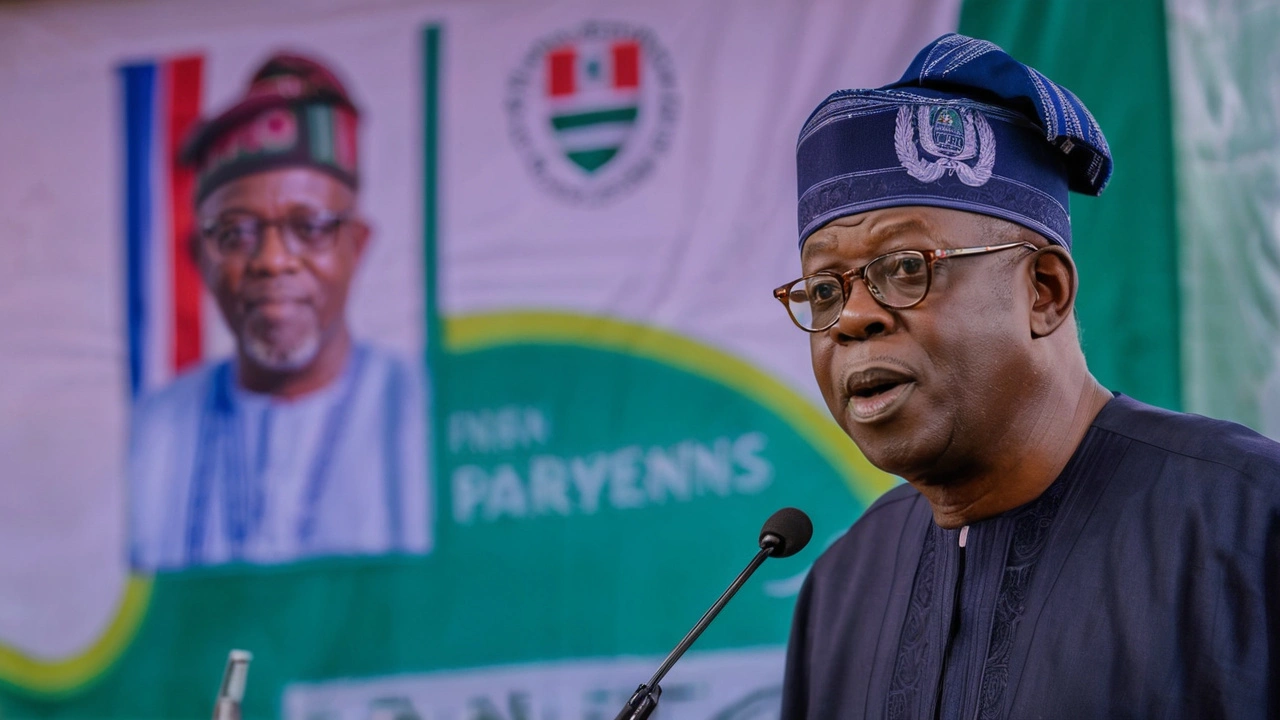Nigeria Economy: Latest News, Trends & What They Mean for You
Wondering what’s really happening with the Nigerian economy? You’re not alone. From oil price swings to rising inflation, daily headlines can feel overwhelming. This page pulls together the most useful bits so you can understand the big picture without getting lost in jargon.
Current Economic Highlights
First off, GDP growth is back on a modest rise after a shaky 2023. The latest figures show an annual increase of about 2.5%, driven mainly by a rebound in the services sector and a steadier oil export volume. While that sounds positive, remember Nigeria still relies heavily on oil revenue – any dip in global prices can knock the numbers down fast.
Inflation remains a headache for most households. The consumer price index hovered around 20% year‑on‑year in August, with food and fuel leading the surge. That means everyday items are getting more expensive, squeezing wages and savings alike. If you’re budgeting, keep an eye on staple prices – they tend to set the tone for other costs.
The naira’s value against the dollar has been volatile. Recent central bank interventions helped stabilize the exchange rate a bit, but capital flight and foreign debt still pressure the currency. For anyone importing goods or planning overseas travel, checking real‑time rates before committing to large purchases can save you a lot of money.
Foreign investment is picking up in tech and renewable energy. Companies are attracted by Nigeria’s large, youthful population and growing internet penetration. Projects like solar farms in the north and fintech startups in Lagos are drawing both local and overseas capital. If you’re an entrepreneur, this could be a good time to explore partnerships or funding options.
What It Means for You
If you run a small business, focus on cost‑control and diversify your supply chain. With inflation high, locking in prices early or switching to locally sourced inputs can protect margins. Also, consider digital payment tools – they’re cheaper than cash handling and often give better access to credit.
Investors should watch the oil sector closely but also look beyond it. Renewable energy projects are gaining government support, and the tech scene is booming thanks to a young, mobile‑first audience. Diversifying your portfolio across these areas can hedge against oil price shocks.
Job seekers need to be strategic about skills. Demand for digital literacy, data analysis, and renewable‑energy expertise is rising fast. Online courses and certifications can boost employability without breaking the bank.
Finally, stay updated. The Nigeria economy moves quickly, and today’s headline could become tomorrow’s opportunity or risk. Subscribe to reliable local news sources, follow key ministries on social media, and check our tag page regularly for fresh analysis.
Understanding these trends helps you make smarter choices – whether that’s pricing a product, picking an investment, or planning your next career move. Keep reading, stay curious, and let the data work for you.

Tinubu Declares End to Petrol Subsidy and Multiple FX Rates: A New Dawn for Nigeria's Economy
Aug 4, 2024 / 11 Comments
President Bola Tinubu calls the petrol subsidy and multiple exchange rates a 'noose' around Nigeria's economy. His policy changes, ending fuel subsidies and unifying exchange rates, promise substantial economic shifts and national development.
READ MORERECENT POSTS
- Marc Guehi's Premier League Skills to Strengthen England’s Euro 2024 Defense
- Tragic Cairns Helicopter Crash Raises Questions Over Pilot's Unauthorized Flight
- Deadpool & Wolverine Steal the Spotlight on Late Night Television
- Gayton McKenzie hires top law firm to probe Kenny Kunene’s alleged criminal ties
- Arsenal vs PSV Showdown: Injury Woes, Predicted Lineups, and Viewing Details
